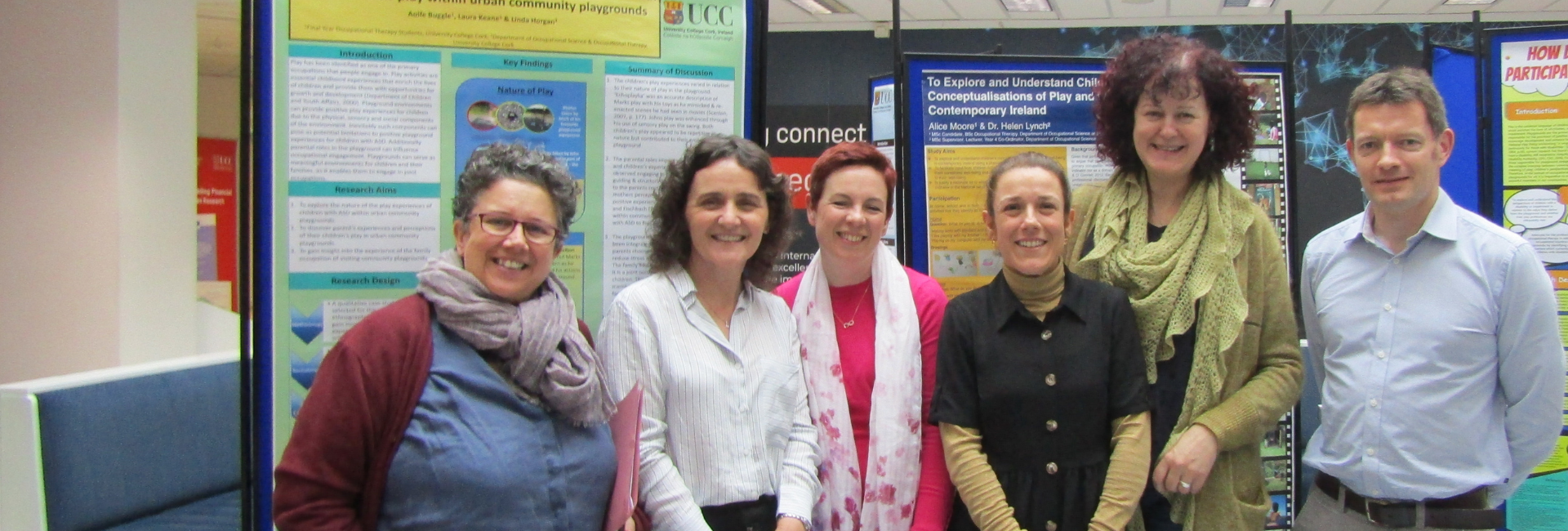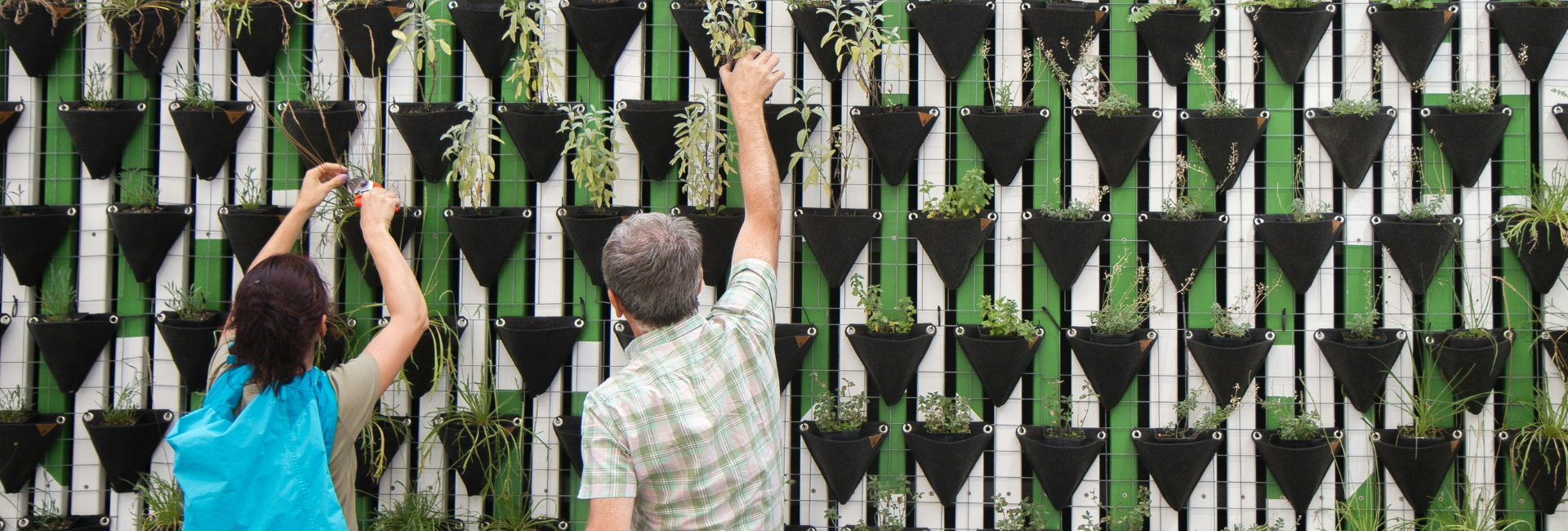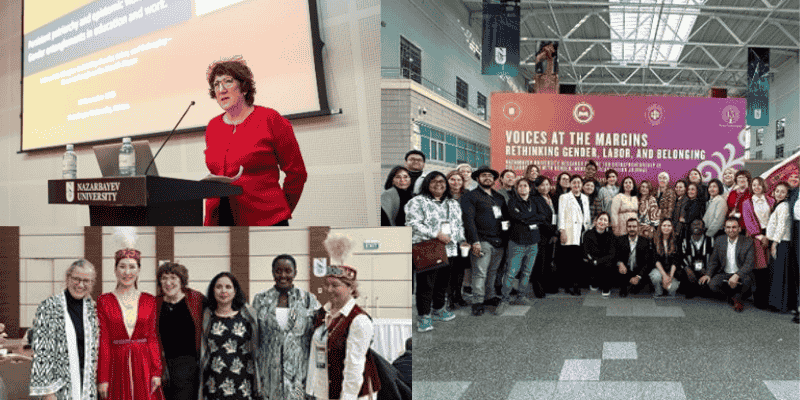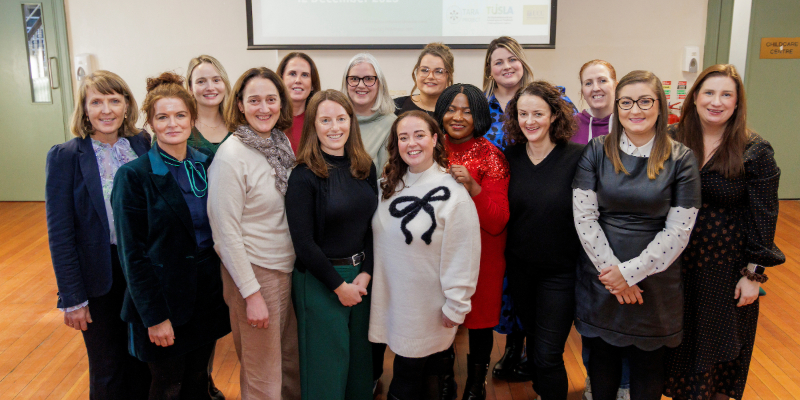Dr JC Macarie, Research Fellow
Dr JC Macarie is Principal Investigator of a major new project which explores nightwork and night-time economies in five cities, spanning Ireland, Great Britain, mainland Europe and Canada. Nightwork_Footprint (2025-2029) is funded through the Research Ireland Pathways Programme.
Find Out More
.png)


.png)
.png)


